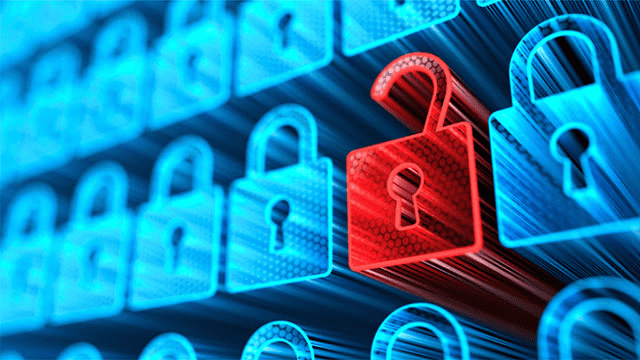
In an era where data is the new oil, online privacy has become a pressing concern for individuals and organizations alike. With the rise of social media, e-commerce, and IoT devices, the amount of data generated and collected is staggering. While this data can be used for benign purposes like improving user experiences, it can also be exploited for surveillance, identity theft, and other malicious activities. The increasing frequency of data breaches and cyberattacks has made it imperative for users to understand how to protect their online privacy.
Table of Contents
How VPNs Approach Data Logging
Virtual Private Networks (VPNs) have emerged as a popular tool for enhancing online privacy. They work by creating a secure tunnel between your device and the internet, thereby masking your IP address and encrypting your data. However, not all VPNs are created equal when it comes to data logging. Some VPNs keep logs of user activity, which could potentially be accessed by third parties. It’s crucial to choose a VPN that adheres to a strict no-logs policy, meaning they do not store any information that could identify you or your online activities. For those interested in special offers, you can check out vpn cyber monday deals for discounted rates on reliable VPN services.
Encryption Methods: A Closer Look
Encryption is the backbone of any VPN service. It’s what keeps your data secure as it travels through the internet. There are various encryption methods used by VPNs, with AES-256 being the most secure but also the most resource-intensive. Other methods like Blowfish are faster but offer less security. The choice of encryption method can affect the speed and performance of your VPN, so it’s essential to find a balance that suits your needs. Some VPNs also offer multiple encryption options, allowing users to switch based on their specific requirements.
Legal Jurisdiction and Its Implications
The jurisdiction under which a VPN operates can have significant implications for user privacy. Countries with strong data protection laws are generally considered safer for VPN users. However, if a VPN is based in a country that is part of intelligence-sharing agreements like the Five Eyes, there’s a risk that user data could be shared with government agencies. Therefore, it’s advisable to choose a VPN headquartered in a jurisdiction known for respecting online privacy.
VPN Legality and Ethical Considerations
While VPNs are legal in most countries, their usage can sometimes fall into a gray area depending on what they are used for. For instance, using a VPN to bypass geo-restrictions for streaming services may violate the terms of service of those platforms. Additionally, some countries with strict censorship laws have banned or restricted VPN usage. It’s essential to be aware of the legal landscape in your jurisdiction and to use VPNs responsibly. Ethical considerations also come into play, especially when using VPNs to access content that is copyrighted or restricted. Always make sure to use VPN services in a manner that is both legal and ethical.
User Reviews and Community Feedback
Before settling on a VPN, it’s wise to consult user reviews and community feedback. These can provide valuable insights into the VPN’s performance, reliability, and commitment to privacy. However, be cautious of reviews that seem overly positive or negative, as they may be sponsored or fake. Forums like Reddit and independent review websites often offer unbiased opinions that can help you make an informed decision.
Alternatives for the Privacy-Conscious
While VPNs are an effective tool for enhancing online privacy, they are not the only option available. Other alternatives include:
- Tor Browser: An open-source browser that routes your internet traffic through multiple servers, making it difficult to trace.
- Proxy Servers: These act as intermediaries between your computer and the internet but offer less security compared to VPNs.
- Secure Messaging Apps: Apps like Signal offer end-to-end encryption for messages, ensuring that only the sender and receiver can read them.
- Privacy-Focused Search Engines: Unlike mainstream search engines that track your search history, privacy-focused search engines like DuckDuckGo do not collect or share personal information.
Conclusion
Navigating the complex world of online privacy can be daunting, but it’s a necessary endeavor in today’s digital age. VPNs offer a robust solution for enhancing online privacy but come with their own set of considerations like data logging policies, encryption methods, and legal jurisdiction. User reviews and community feedback can serve as valuable resources for evaluating the efficacy of a VPN. However, it’s essential to remember that VPNs are just one tool in the privacy toolkit. Alternatives like Tor, proxy servers, and secure messaging apps can also play a role in safeguarding your online privacy. By staying informed and vigilant, you can take meaningful steps to protect your personal data and maintain your online anonymity.

